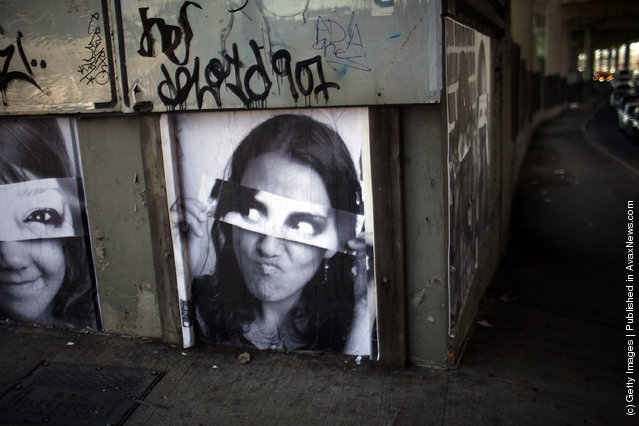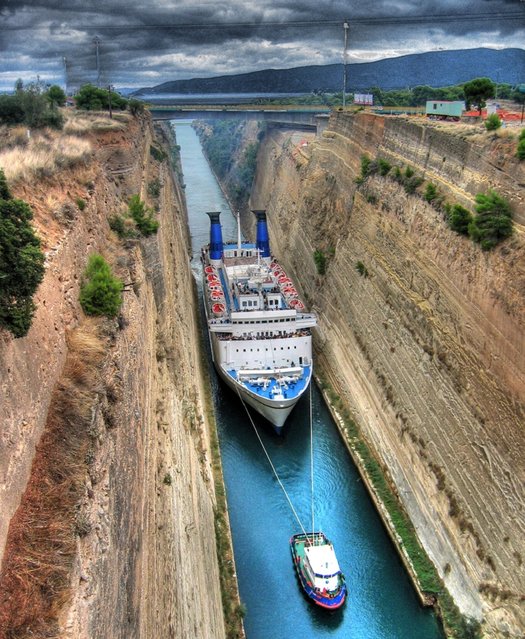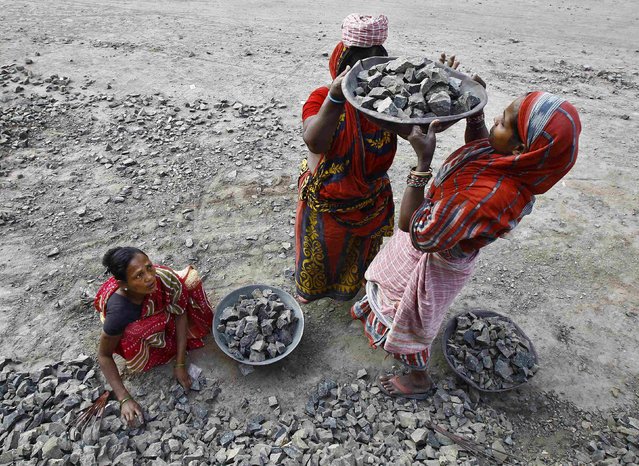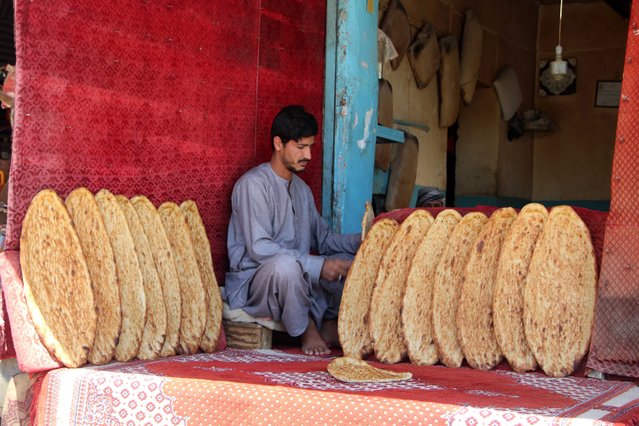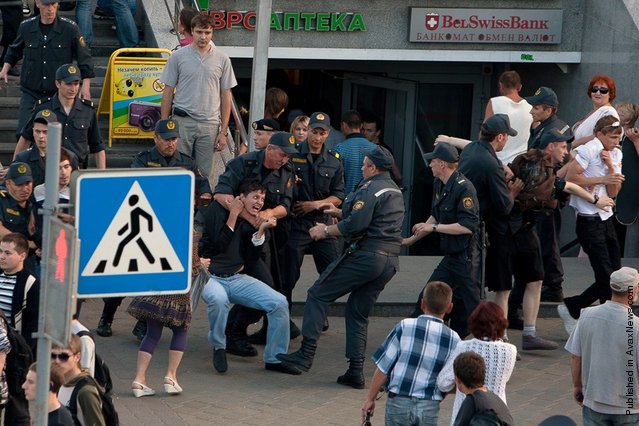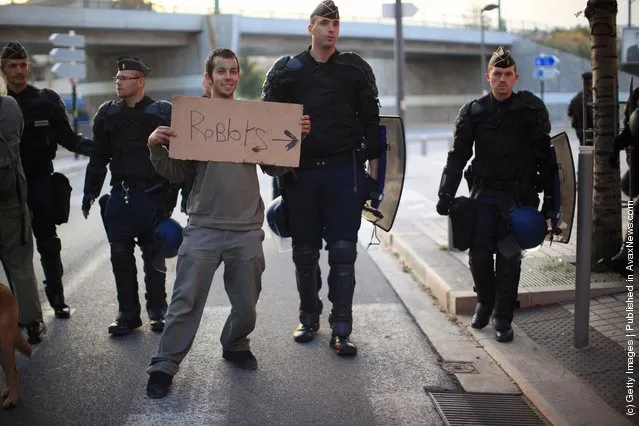
A protester holds a sign in front of riot policemen during an anti-G20 demonstration through the streets of Nice on November 1, 2011 in Nice, France. Anti-G20 demonstrators are gathered in Nice ahead of the arrival of the world's top economic leaders for the G20 summit in Cannes on November 3rd and 4th. The leaders are expected to debate current issues surrounding the global financial system in the hope of fending off a global recession and finding an answer to the Eurozone crisis. (Photo by Christopher Furlong/Getty Images)
02 Nov 2011 10:57:00,post received
0 comments

